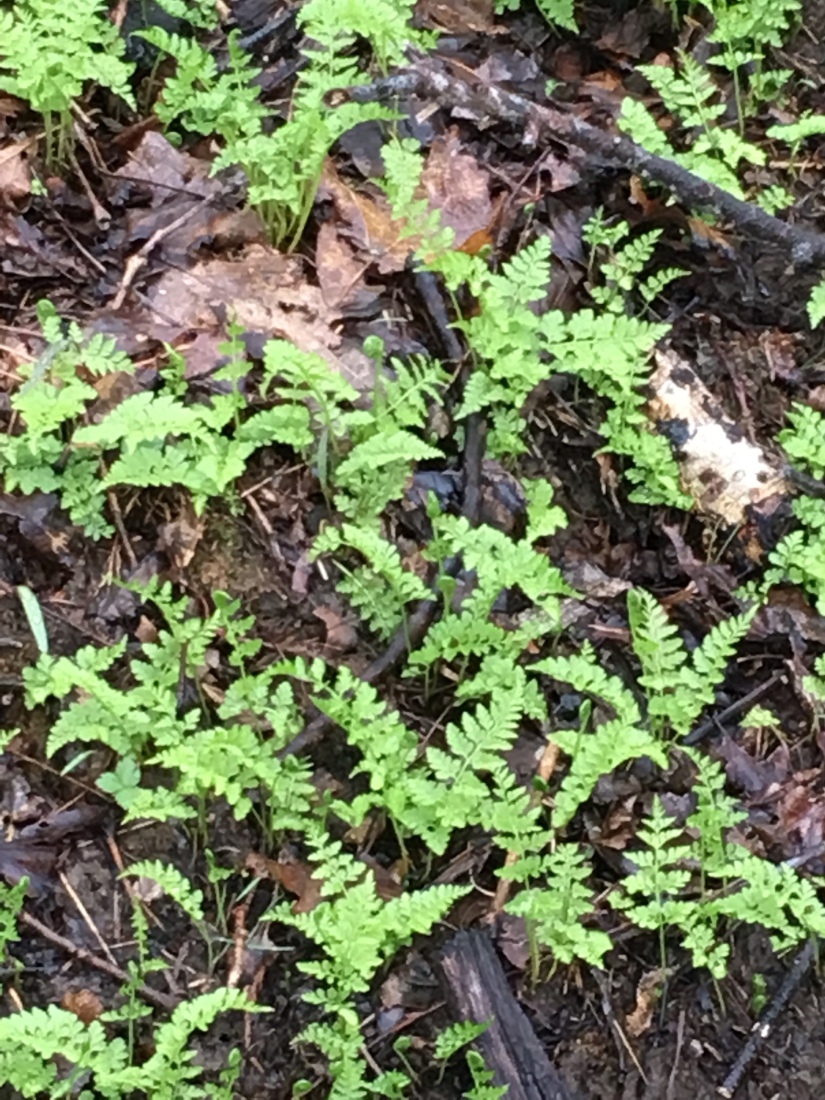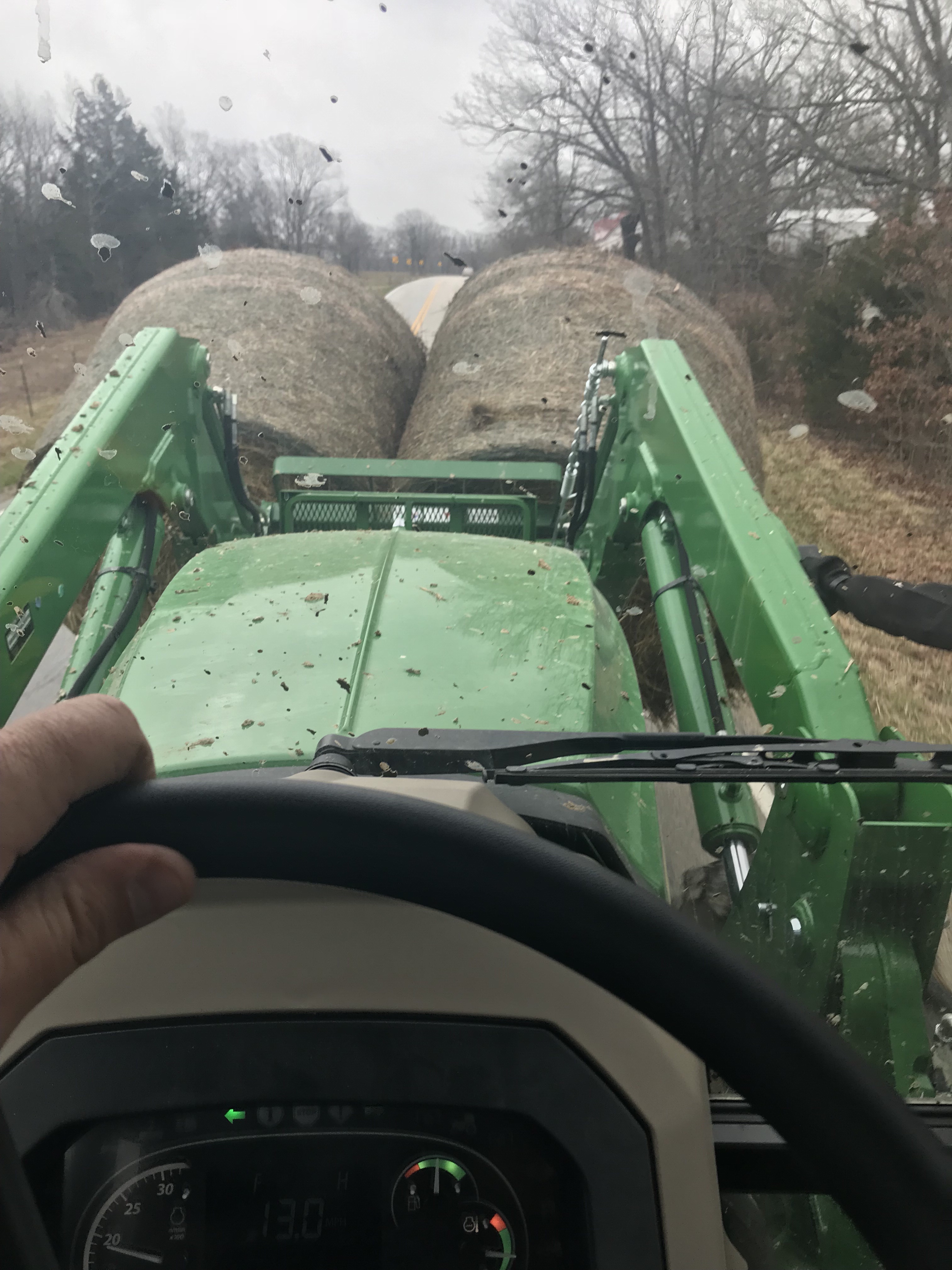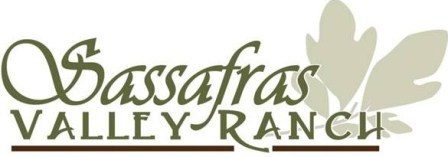Living on a farm, we battle flies. This summer we tried something new, and it’s decreased the number of flies we have around the barns significantly. We wanted to share so others could gain ideas on how to control flies. We decided to try a biological method by purchasing fly parasites. These insects eat the fly larvae before it can turn into a fly. We also hung up fly abatement strips to get rid of the existing mature flies. We were amazed at the difference this made. Here’s the website for the biological fly parasites: http://www.kunafin.com. We are not being paid to advertise for them. We just wanted to share as an idea for fly control since it was beneficial on our farm.
Author: sunshineshanks
Spicing Up Animal Nutrition with Phytogenics
We just started a trial with Delacon USA, a division of Delacon Biotechnik. Delacon is a phytogenic feed company. According to Delacon, “Phytogenics are standardized mixtures of herbs, spices, other plants, and their extracts with proven efficacy” (www.delacon.com/us). Here at SVR we have a background in animal science research, which fuels our passion for animal agriculture. Within the past year, we built a facility dedicated to conducting trials right here on the farm. For this project, we are using 20 lambs that will be offered a finishing diet with and without Actifor Power for 90 days. What is Actifor Power? It is a phytogenic that has been proven to reduce acidosis and improve performance. However, what impact does it have on the immune system and carcass quality? Stay tuned, we will find out.

Jamming It Up!

After checking cattle and doing chores, we picked strawberries on the farm and made jam. We have 30 jars of jam so far. We will also put some in the freezer for smoothies and strawberry lemonade.
Savannah on the Farm

We have started clearing an old savannah as a conservation practice. A long time ago, fire and large game animals would have kept this patch of woods more open. It would have had more grasses, and trees would not have been as dense. By opening it back up, it will allow native grasses to grow and provide the oaks and hickories to grow larger.
Fire and Ferns

This is what is growing in a wood area on our farm after a prescribed burn earlier this year. A control burn helps to get rid of fuel load, and spurs new vegetation to grow.
Twins, Love ‘Em or Hate ‘Em

Twins, whether you love them or hate them may depend on the cow. What are your thoughts? This momma cow is doing a great job raising these twins. Both are healthy.
Is winter ever going to end?

We choose this time of year to calve because the green spring grass is usually beginning to grow pretty good by the first week of April. This gives the cows extra energy and nutrition for the milk they are producing for their calves. Unfortunately, this year we are still feeding hay, as are most farmers around us. This year has proven to us again how important it is to stockpile extra hay and/or grass from the previous summer. So, we are continuing to feed hay this spring as we are tagging calves.

The Hideout

These two kids found the perfect hideout in an old hollow tree. We have found that the nannies hide their kids very well at times.
Stand By Me

This picture shows how bonded a guard dog becomes with sheep, as she is watching over the flock and tolerates a lamb trying to nurse off her.
Prescribed Burn

Over the weekend, we did a prescribed burn on about 70 acres as part of our Conservation Stewardship Program to benefit wildlife. The newly burned area will be rejuvenated with diverse plants this coming.

